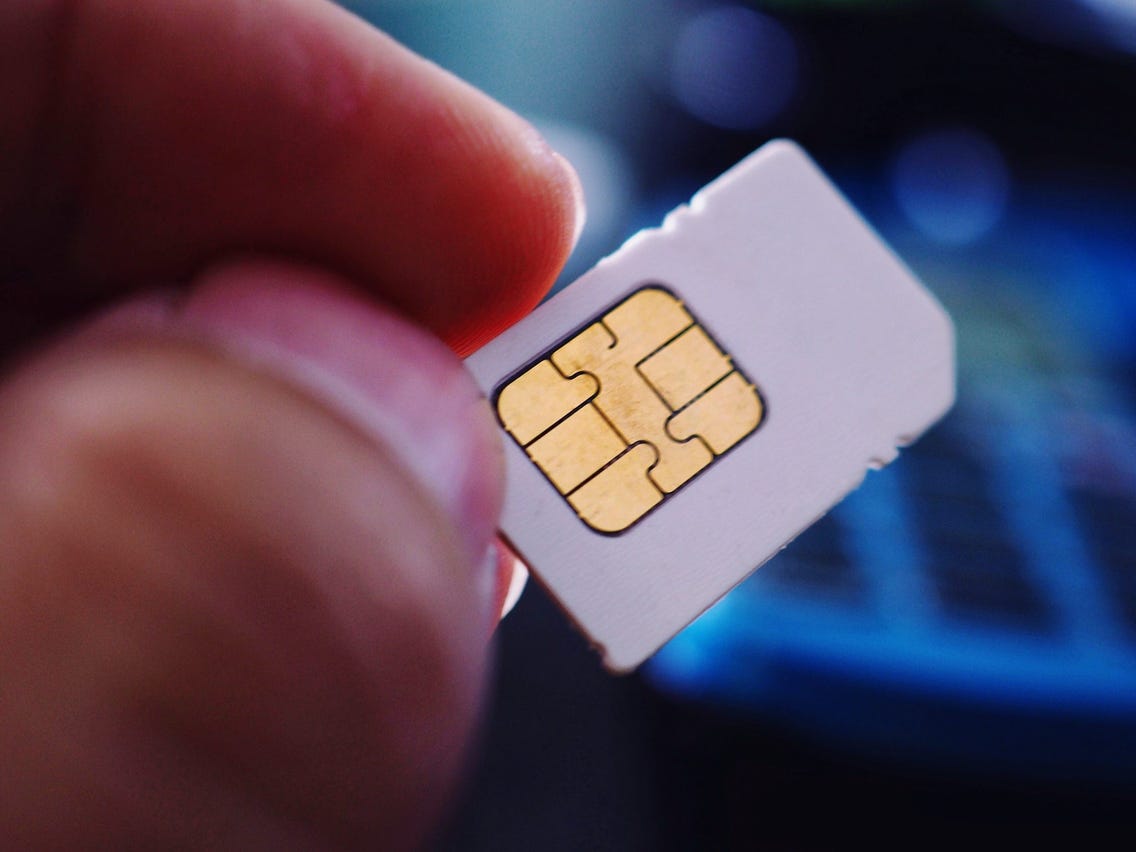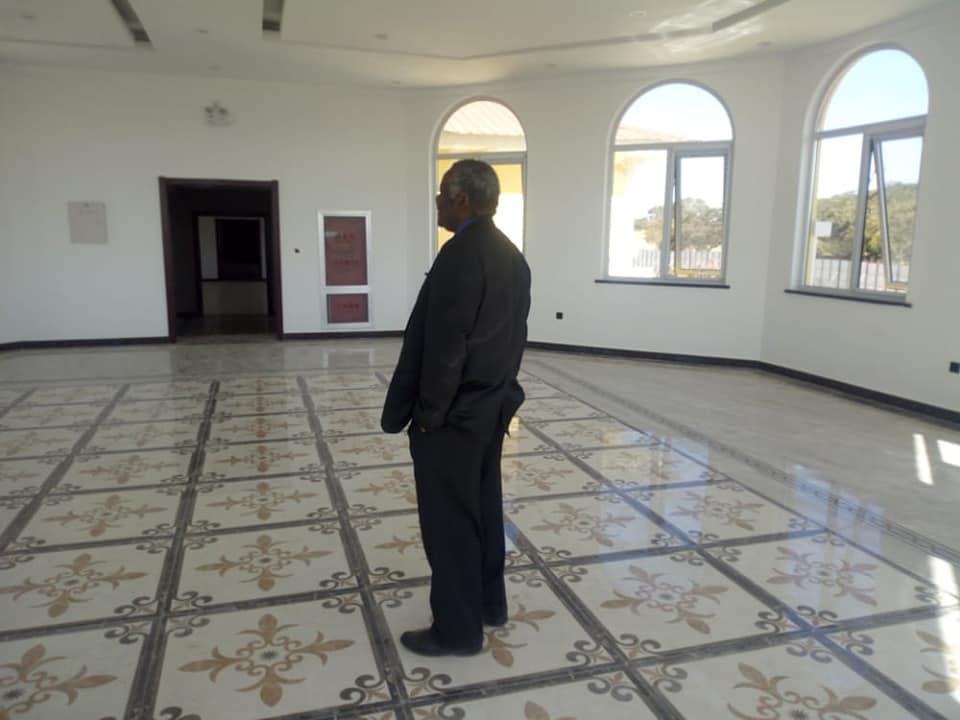Abbreviations in text are so frequent that they almost require their own glossary.
In English text messages, there appear to be an infinite number of methods to shorten words, some of which are common and others which are uncommon.
Even businesses utilize abbreviations, so acquiring a new set of abbreviations is necessary if you want to stay current in your marketing messaging.
Abbreviations that are commonly used.
RSVP:
To reserve your place, send an email to [email protected]. (Please make a reservation.)
In English, it means “please react” and in French, it means “responses s’il vous plait.”
This is a common sentence seen at the bottom of invitation letters.
The Days of the Week (a.m. and p.m.)
They’re most typically used to describe or express how much time has passed. I came in town at 5:00 p.m., for example.
P.M. and A.M. are the abbreviations for Post Meridiem and Ante Meridiem, respectively.
MRS and MR both refer to the same entity.
They are written before a person’s official name, such as Mr Smith, and are largely used to identify gender.
“Mature Responsible and Submissive” is the whole definition of MRS, whereas “Mature Responsible” is the full definition of MR.
“Example Given,” for example, is shortened as “e.g.” The word “example” is frequently used before giving multiple examples.
In its most basic form, a SIM card stands for Subscriber Identity Module.
E.T.C. is an acronym that stands for “et cetera,” which in Latin simply means “others of the same kind.” ETC is frequently used after a long list of examples.
Personal Identification Number (PIN): Personal Identification Number (PIN) is an acronym for Personal Identification Number.
SMS stands for “Short Message Service.”




